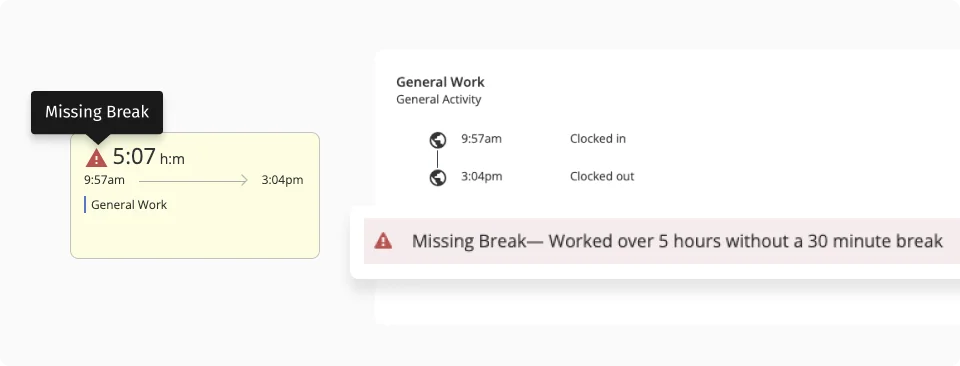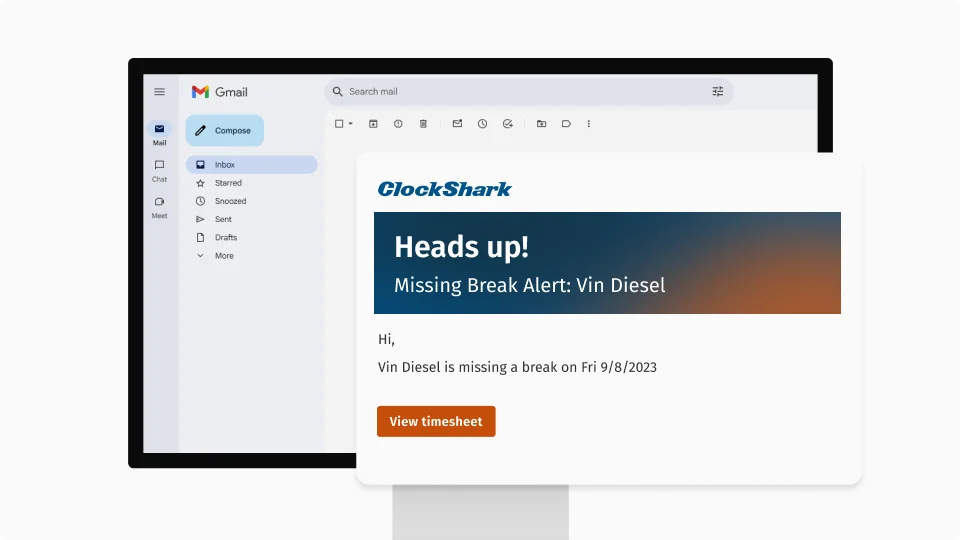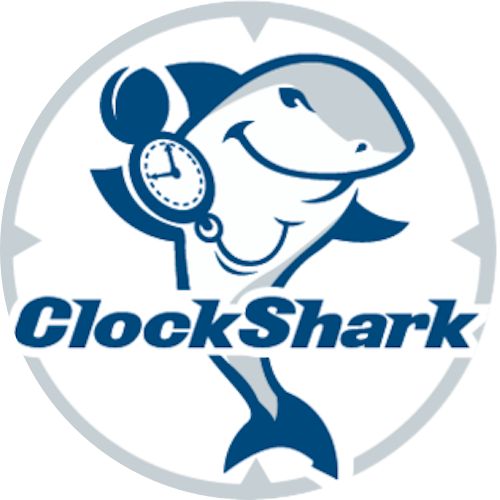What Are California’s 2025 Rest and Meal Break Laws?
California law requires employers to provide both meal and rest breaks to most hourly workers, including those in construction. The rules have been clarified to emphasize the full 30-minute lunch break requirement as well as additional breaks for longer shifts. Many companies are automating time tracking to ensure these rules are followed.
| Hours Worked | Meal Break Requirement | Rest Break Requirement |
| 0 – 3.5 hours | None | None |
| 3.5 – 6 hours | None | One paid 10-minute rest break |
| 6 – 10 hours | One uninterrupted 30-minute meal break | Two paid 10-minute rest breaks |
| 10 – 14 hours | Two 30-minute meal breaks (second can be waived if ≤ 12 hours) | Three paid 10-minute rest breaks |
Key Points to Remember
- The 30-minute meal break must be uninterrupted and off‑duty.
- If a shift exceeds 10 hours, a second meal break is required unless waived.
- Rest breaks must be paid and provided as close as possible to the middle of the work period.
What Are the Current Break Penalties in California?
Failing to provide proper breaks can get expensive, fast. Under California law:
- Employers must pay one hour of premium pay at the employee’s regular rate for each missed meal or rest break.
- Penalties stack if both meal and rest breaks are missed on the same day.
- Repeat violations can lead to legal action, back pay, and a damaged reputation.
For example, if a crew member works an 8‑hour shift and misses their 30-minute meal break, that is one hour of premium pay. If they also miss one of two rest breaks, that is another hour. At $25 per hour, a single violation could cost $50. Across multiple crews and sites, these penalties can quickly total thousands of dollars per week.
Real-life consequences of failing to comply with California’s break laws can be devastating for construction companies. In one notable case, BMC West LLC, a building materials manufacturer and construction services provider, agreed to settle a class action lawsuit for $4.55 million. The lawsuit alleged that the company violated California meal and rest break laws by denying employees their legally mandated breaks and failing to pay for all hours worked, including overtime. The proposed class action consisted of approximately 9,358 non-exempt employees who worked in California between November 2012 and January 2018. The settlement underscores the significant financial and reputational risks companies face when they neglect compliance with labor laws.
Construction firms that invest in time tracking software designed for field work can avoid these penalties by catching missed breaks before payroll. Automated alerts notify supervisors of potential violations, giving teams time to correct errors rather than incur fines.
Unique Challenges to Tracking Breaks on Construction Job Sites
Tracking and enforcing break compliance is straightforward in an office setting. But on a construction site, the environment creates unique obstacles:
Managing Teams Across Multiple Job Sites
Crews often work on sprawling sites or multiple locations in a single day. Supervisors cannot always verify when and where breaks occur, so manual oversight does not scale. A mobile‑friendly solution for construction time tracking helps crew members clock breaks no matter where they are on site.
Early Clock‑Ins: Intentional or Not
It is common for workers to clock back in a few minutes early, either by accident or to get ahead. Even five minutes early can break compliance. Automated rules flag early clock‑ins and alert managers before payroll.
Unpredictable Job Site Conditions
Weather delays, equipment breakdowns, urgent schedule changes, and safety stand‑downs disrupt planned break times. Without a system that adapts to real‑time changes, breaks get shortened or skipped.
Limited Wi‑Fi or Cellular Service
Many construction sites have unreliable connectivity. If your time‑tracking solution requires a live connection, crews may not be able to clock breaks accurately. Solutions that work offline and sync later are critical.
Varied Shift Patterns and Contractors
Subcontractors, part‑time workers, and swing crews may follow different schedules. Ensuring every worker receives proper breaks requires a uniform system that all parties adopt.
How ClockShark Helps You Stay Compliant with California’s 30‑Minute Break Law
ClockShark was built for mobile and distributed field and construction teams working in dynamic environments. The ClockShark platform simplifies tracking time and breaks, while minimizing compliance risk. Here’s how:
Settings to Enforce a Full 30‑Minute Meal Break
ClockShark’s newest setting enables employers to enforce the full 30-minute meal break required under California (and other states’) law. When enabled, employees cannot clock back in from lunch until the entire 30 minutes have passed. This eliminates guesswork and the need for supervisors to monitor every shift.
Benefits Include
- Rules are configured to match California meal break law
- Real‑time alerts when someone tries to clock in early
- Automated enforcement that reduces legal risk
Many construction managers pair time tracking with project scheduling tools to plan breaks around critical milestones and equipment usage.

ClockShark’s mobile app also allows workers to clock in and out, even when they’re offline. In rural or remote areas with limited service, crews can still record their time and break status. Once the system reconnects, the data automatically syncs with the server, ensuring no breaks are missed and that compliance is maintained at all times. Additionally, ClockShark integrates with accounting and payroll systems, making it easier for construction companies to process accurate timesheets and avoid costly mistakes.
Missing Break Timesheet Alerts
ClockShark uses Missing Break Alerts to notify managers if an employee forgets or skips a required break. This proactive feature allows supervisors to correct timesheets before payroll is processed, preventing expensive mistakes. By improving time tracking accuracy, employers can ensure their teams are compensated correctly and prevent stacking penalties.

More than 9,500 businesses trust ClockShark to track time, manage crews, and control job costs. ClockShark’s purpose‑built platform handles offline syncing, large‑site management, and real‑time enforcement—all designed to help companies stay compliant with labor laws.
Whether you need robust break enforcement, automated alerts, or integrated scheduling, sign up now for a free 14-day trial to see how ClockShark delivers the tools you need.





